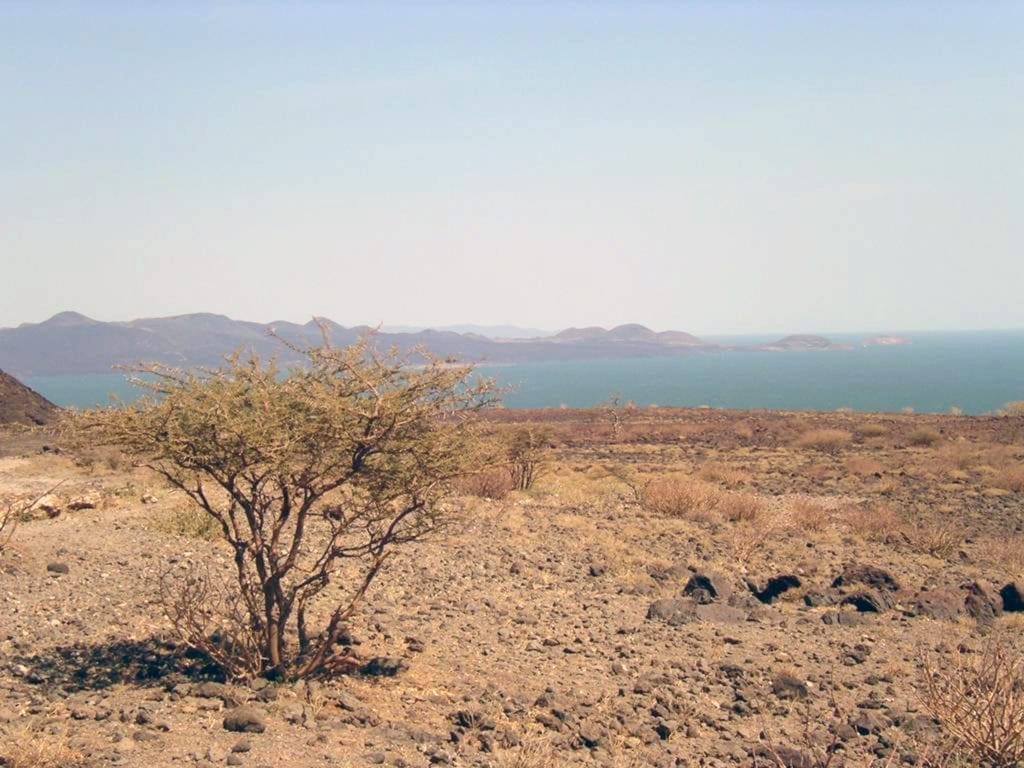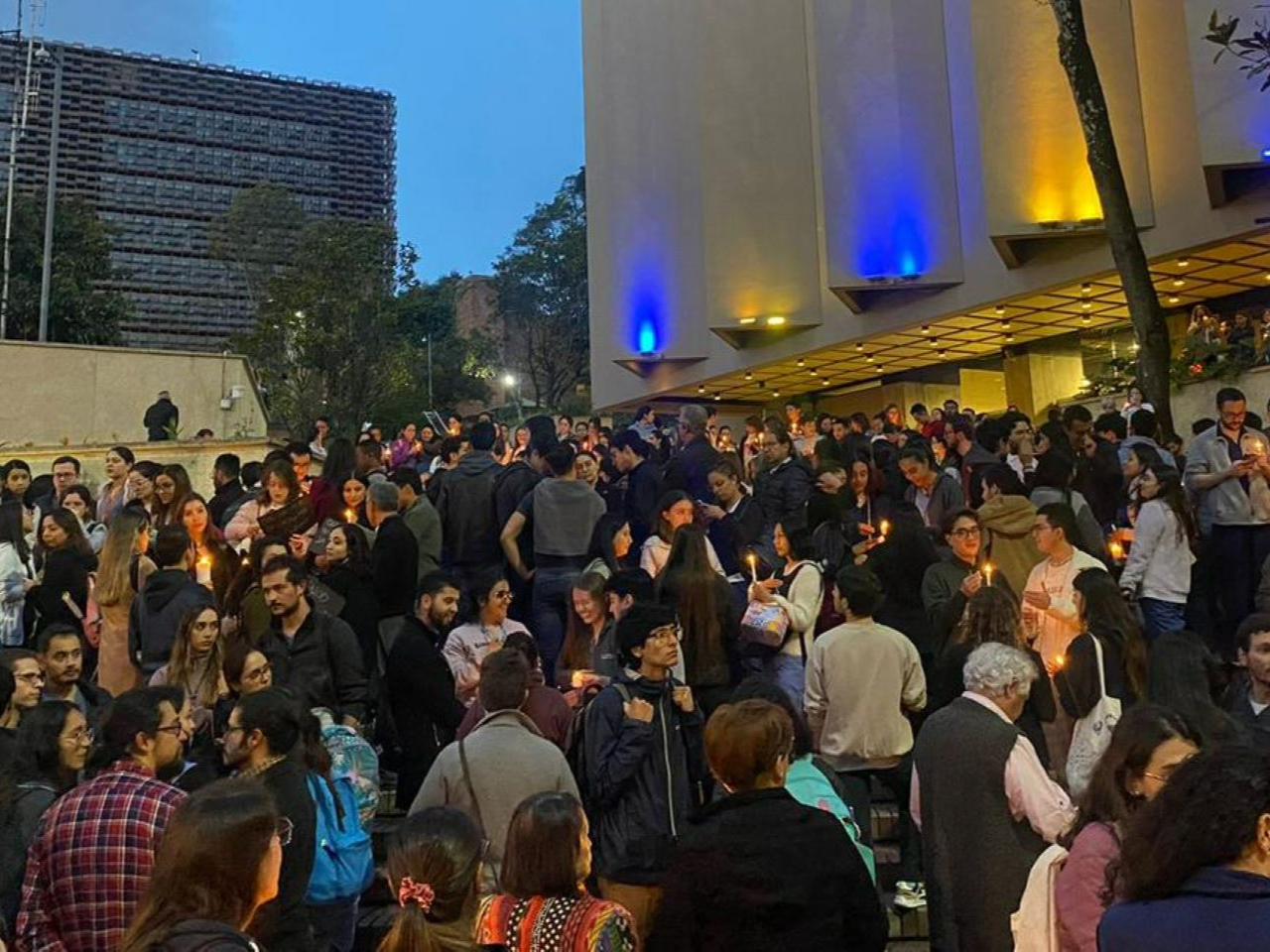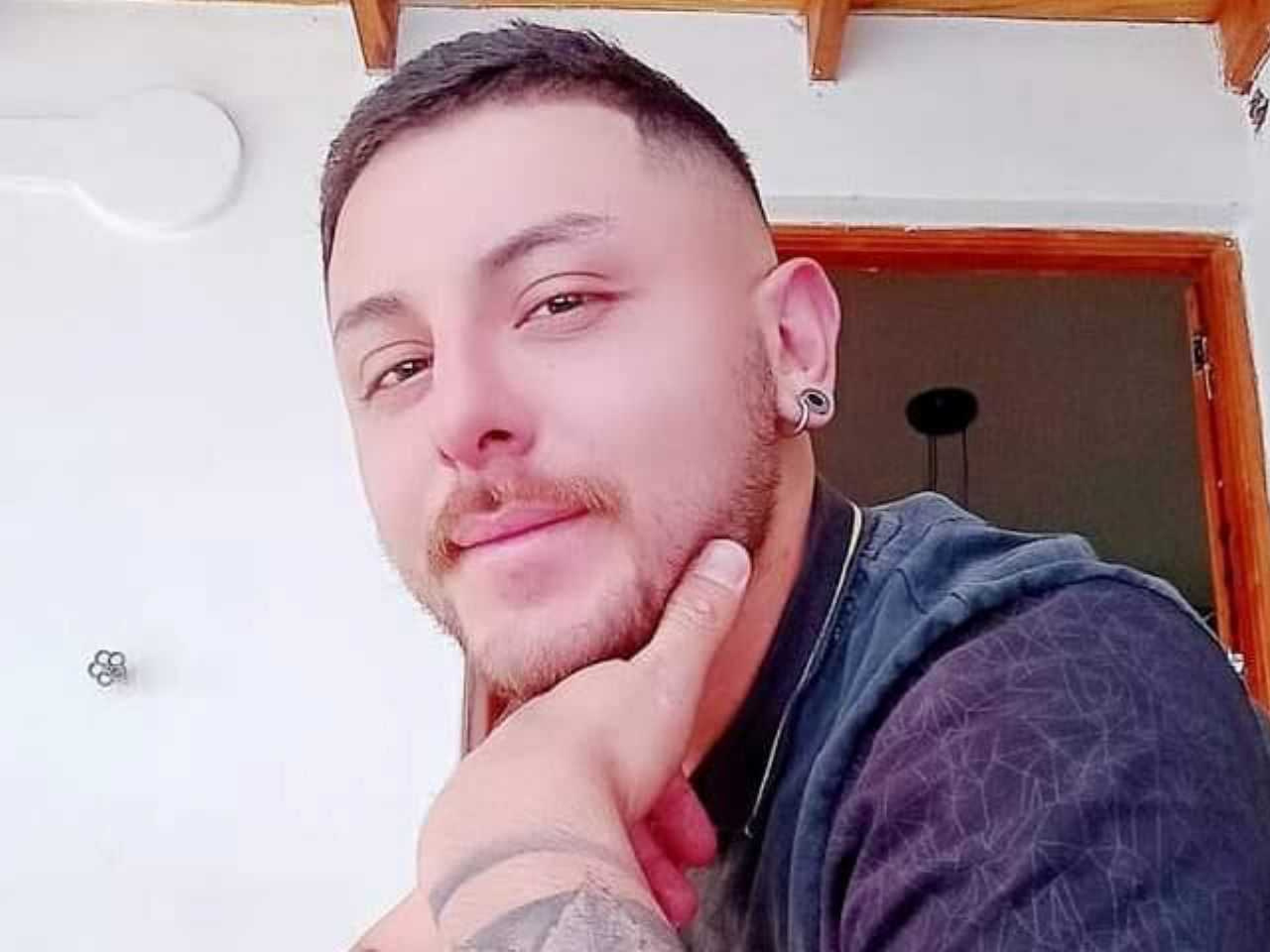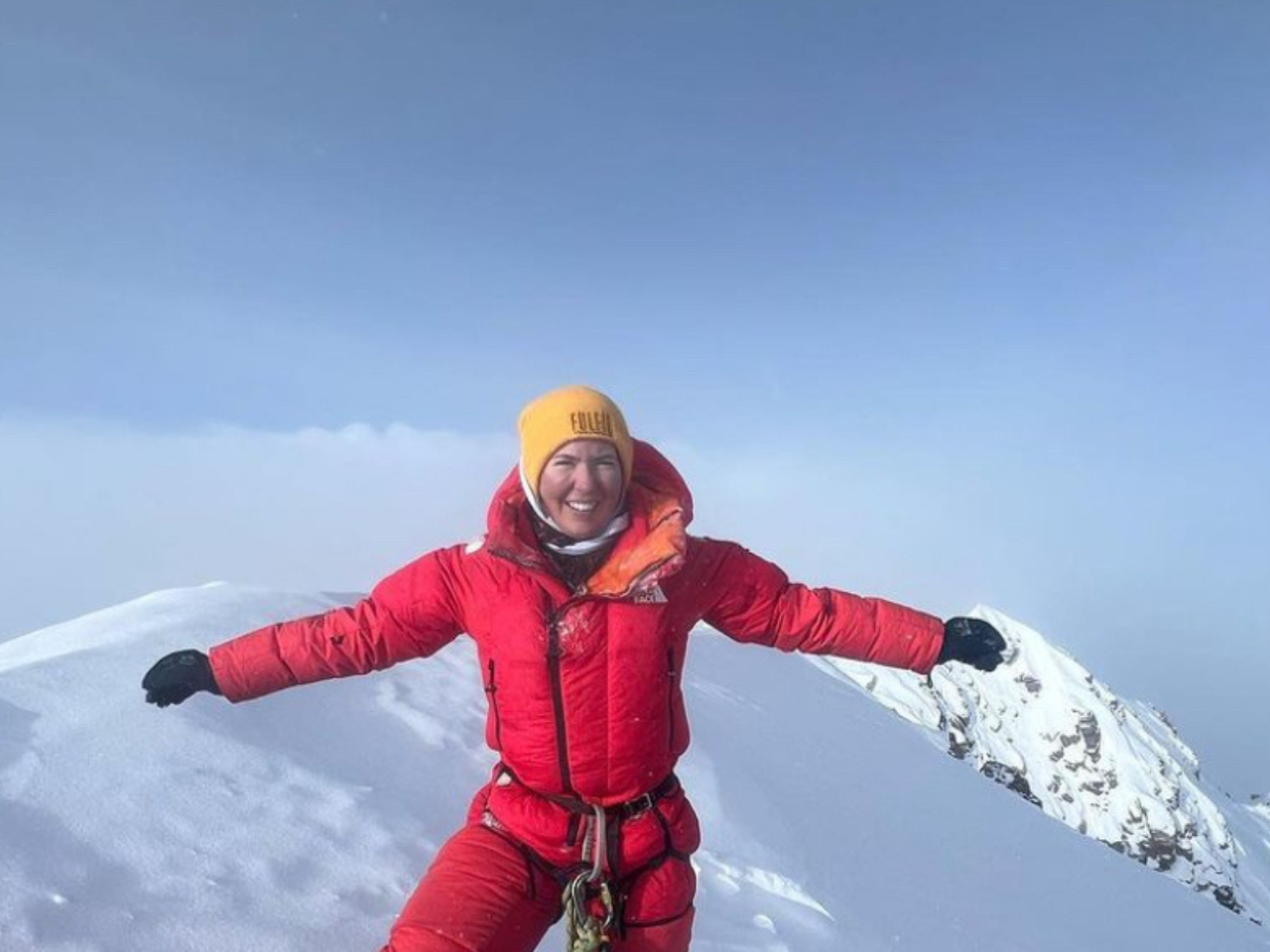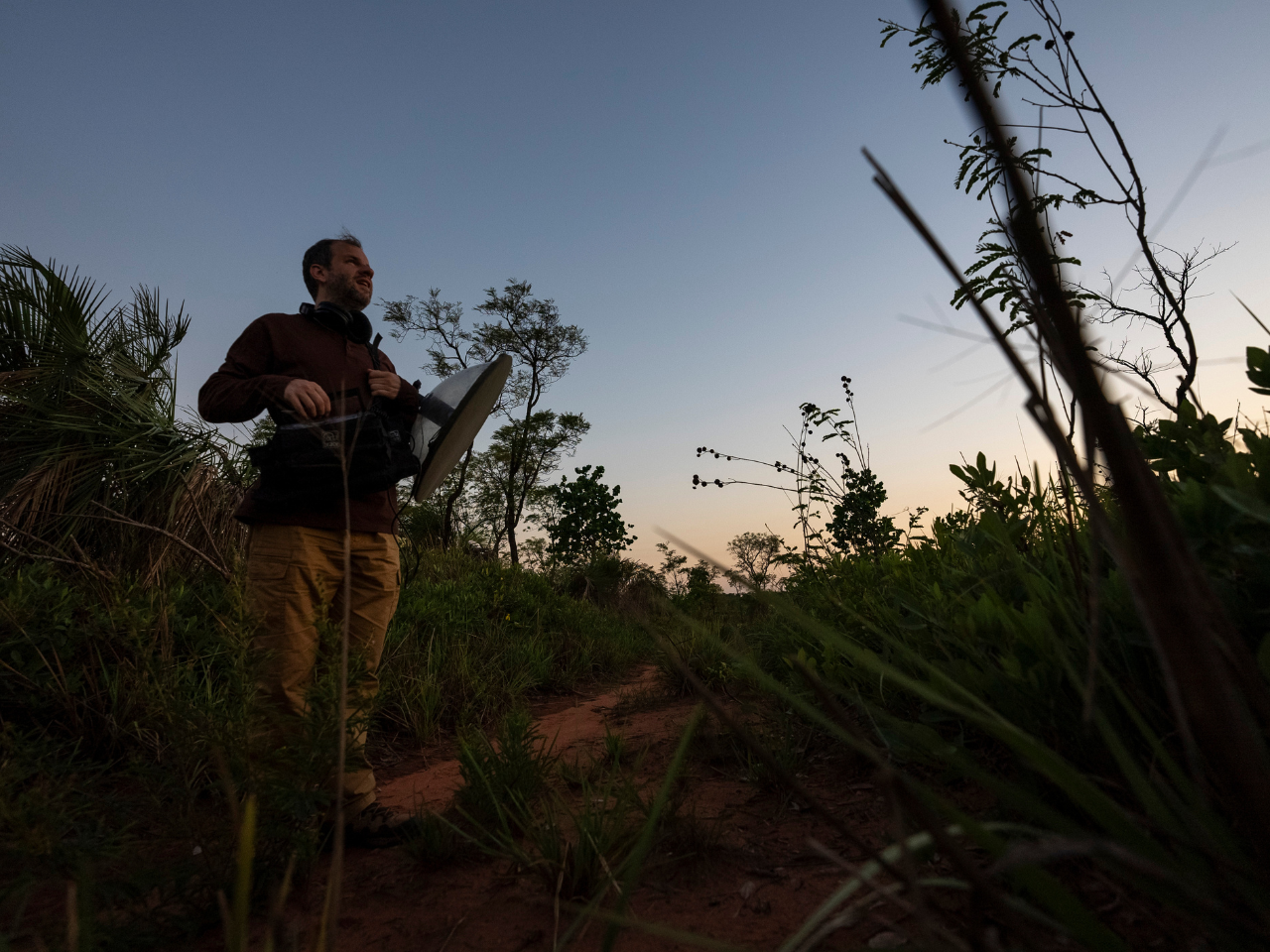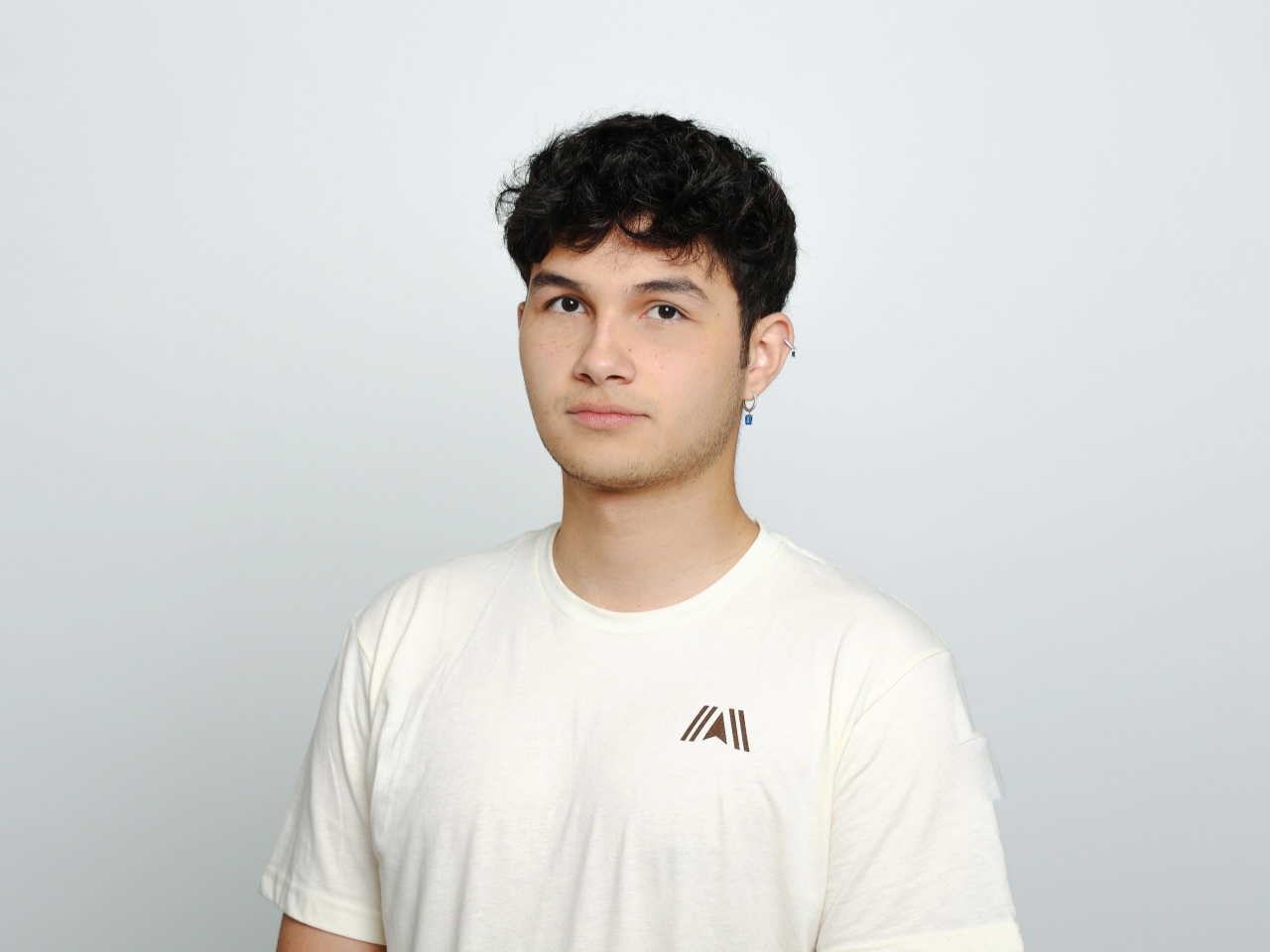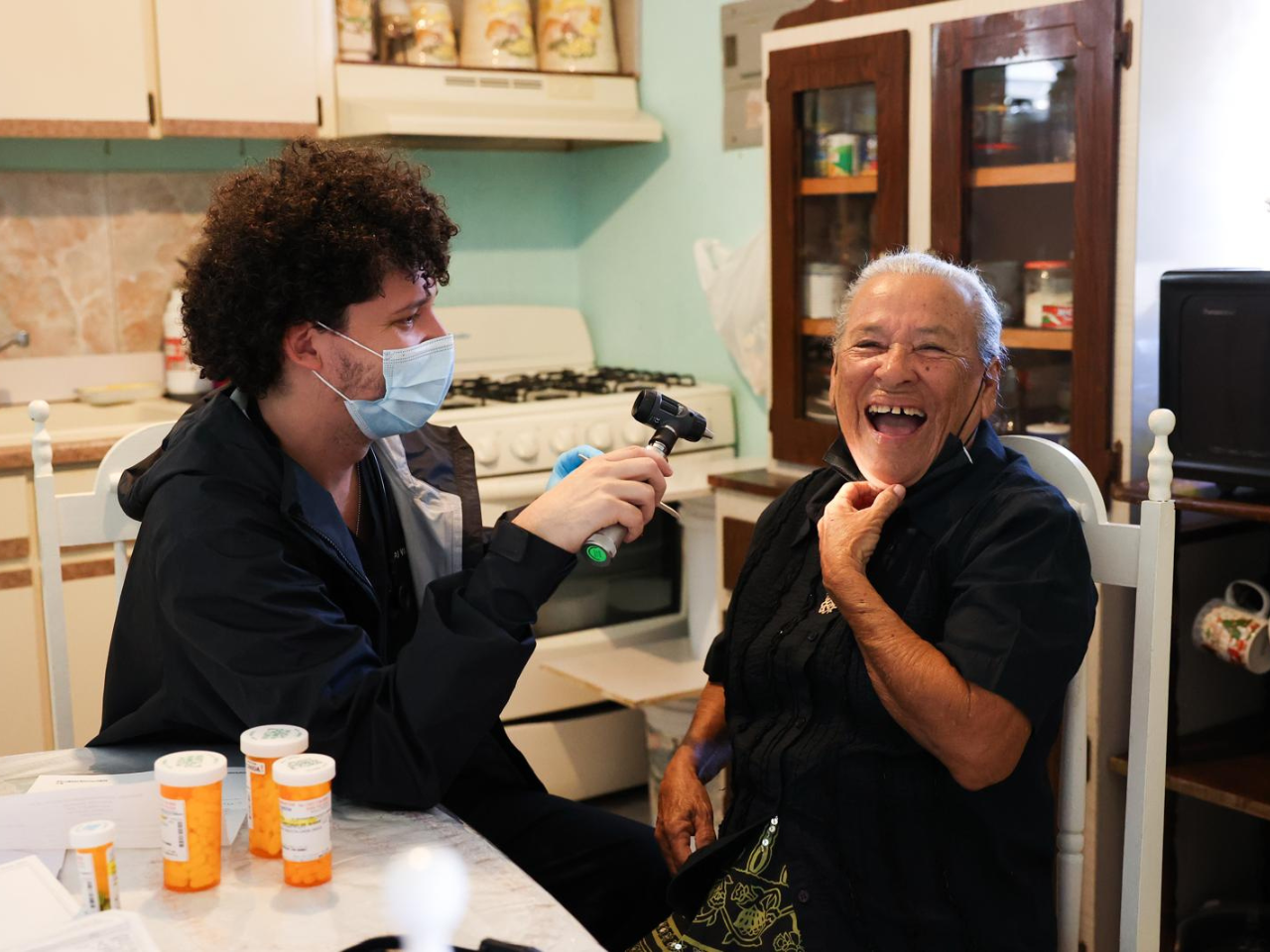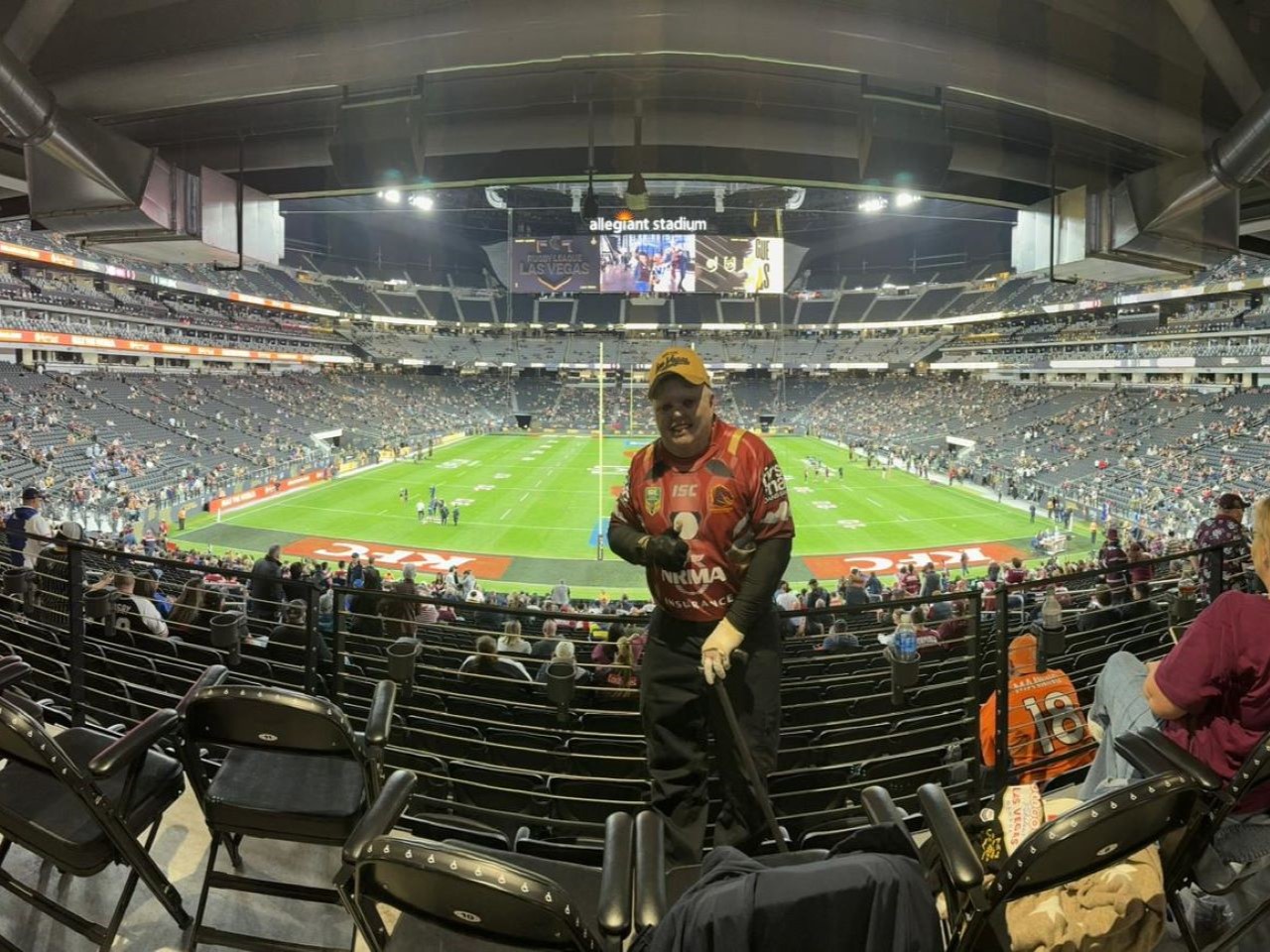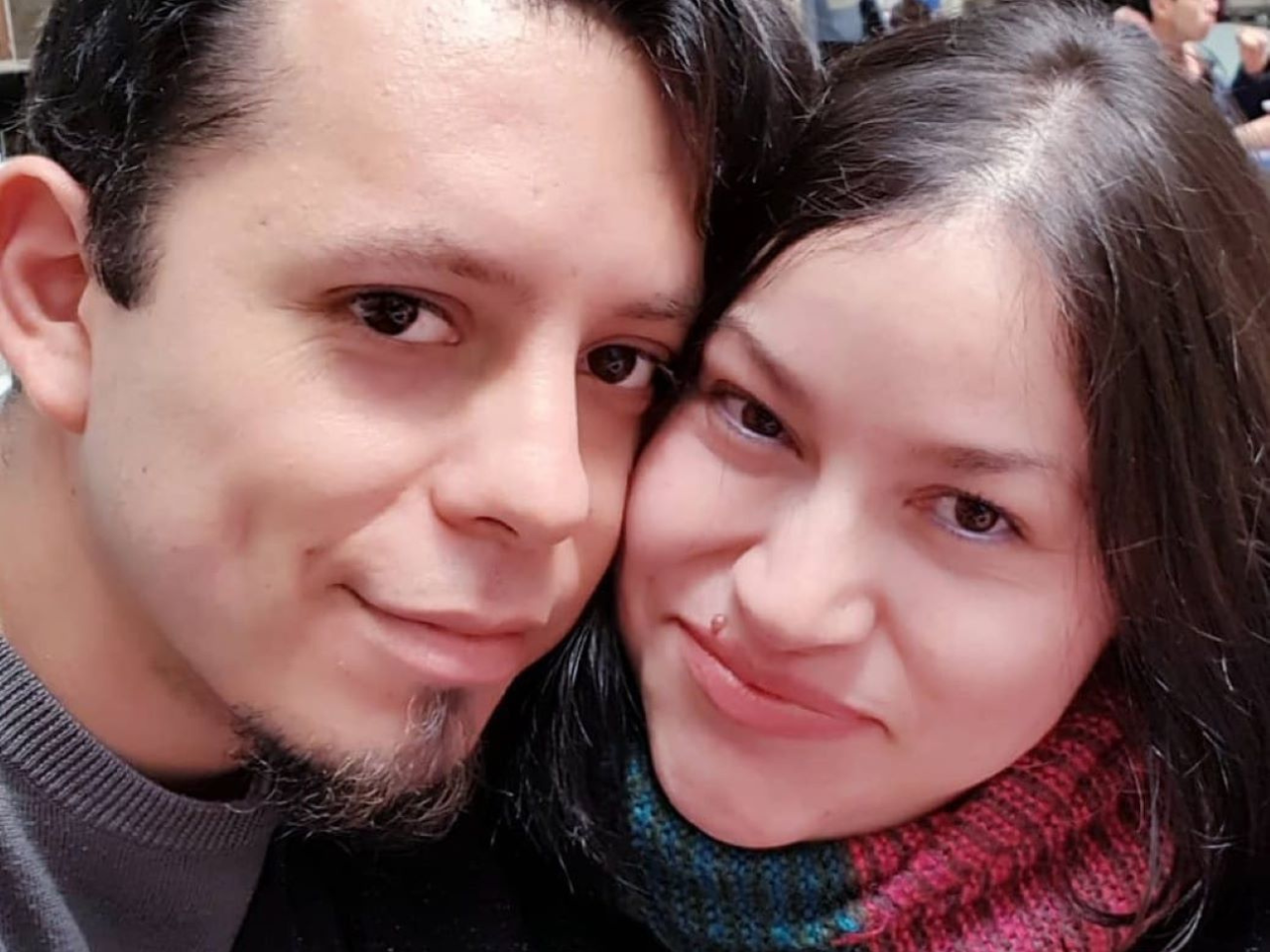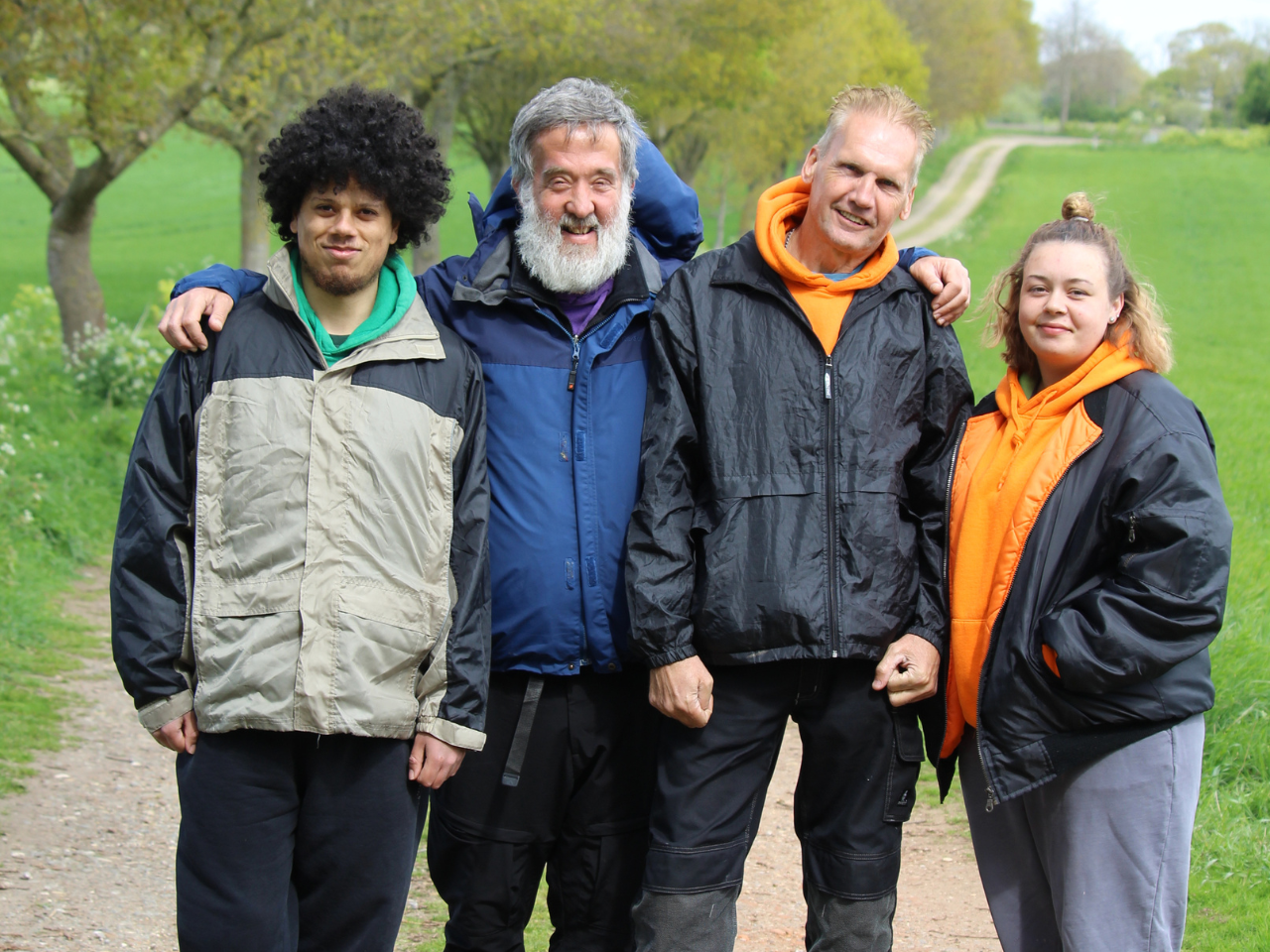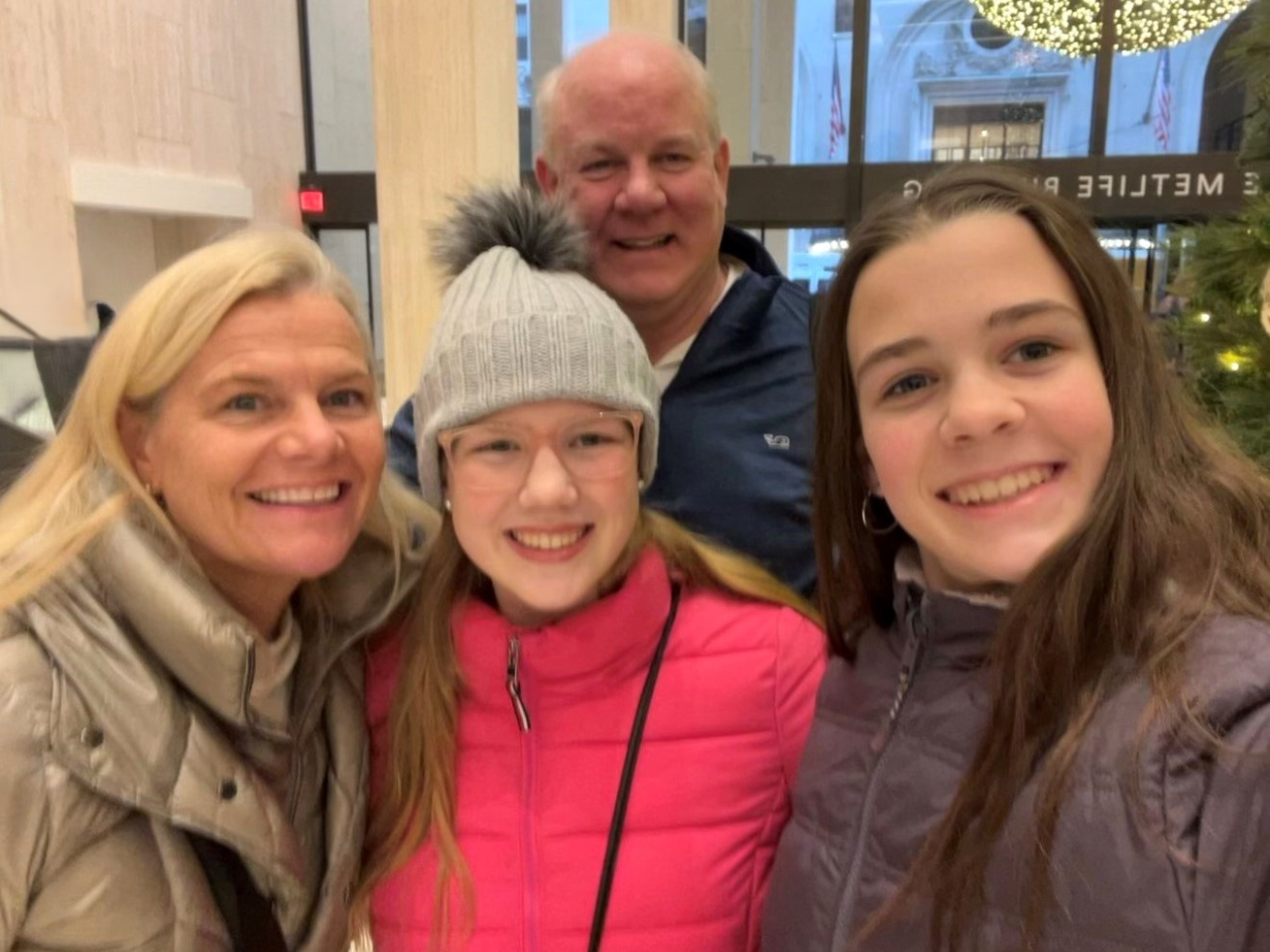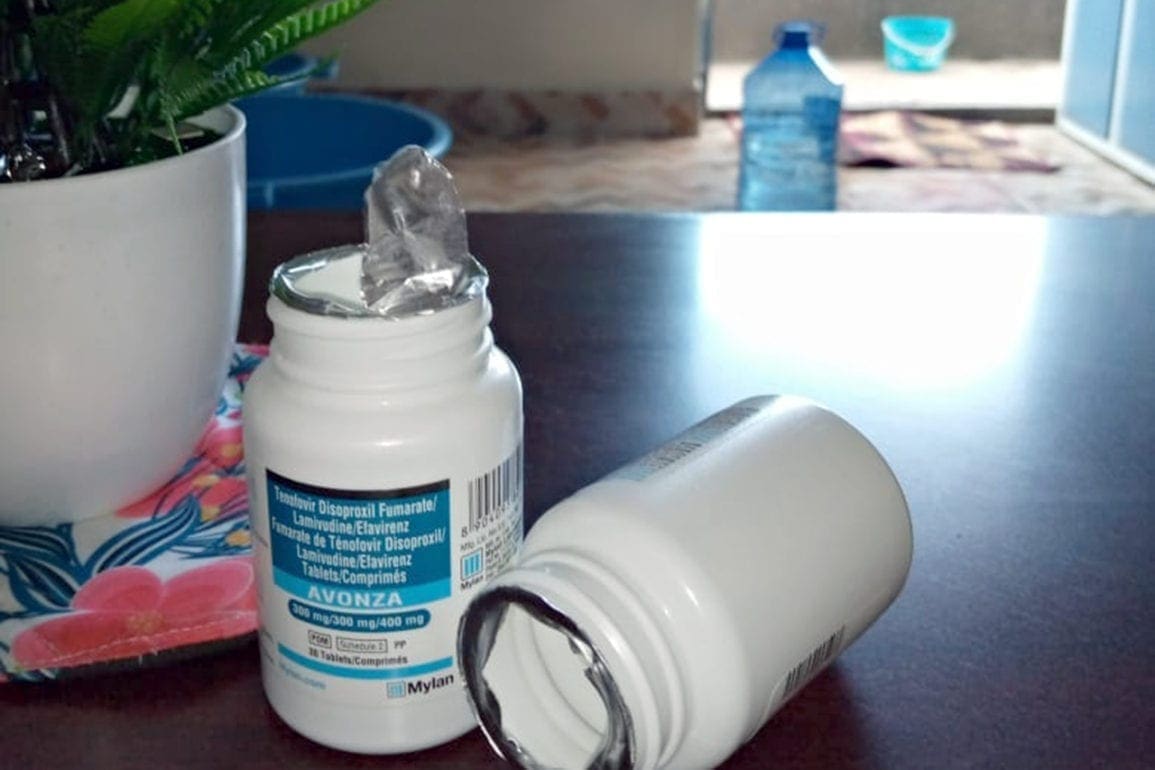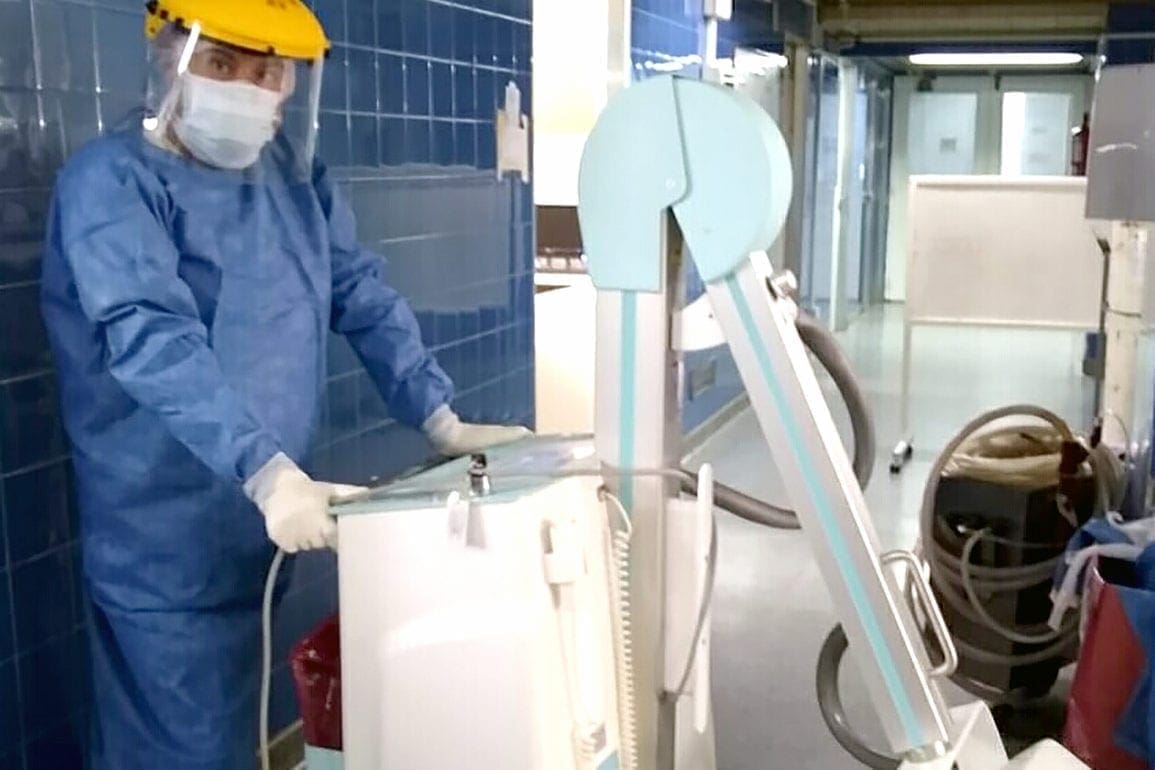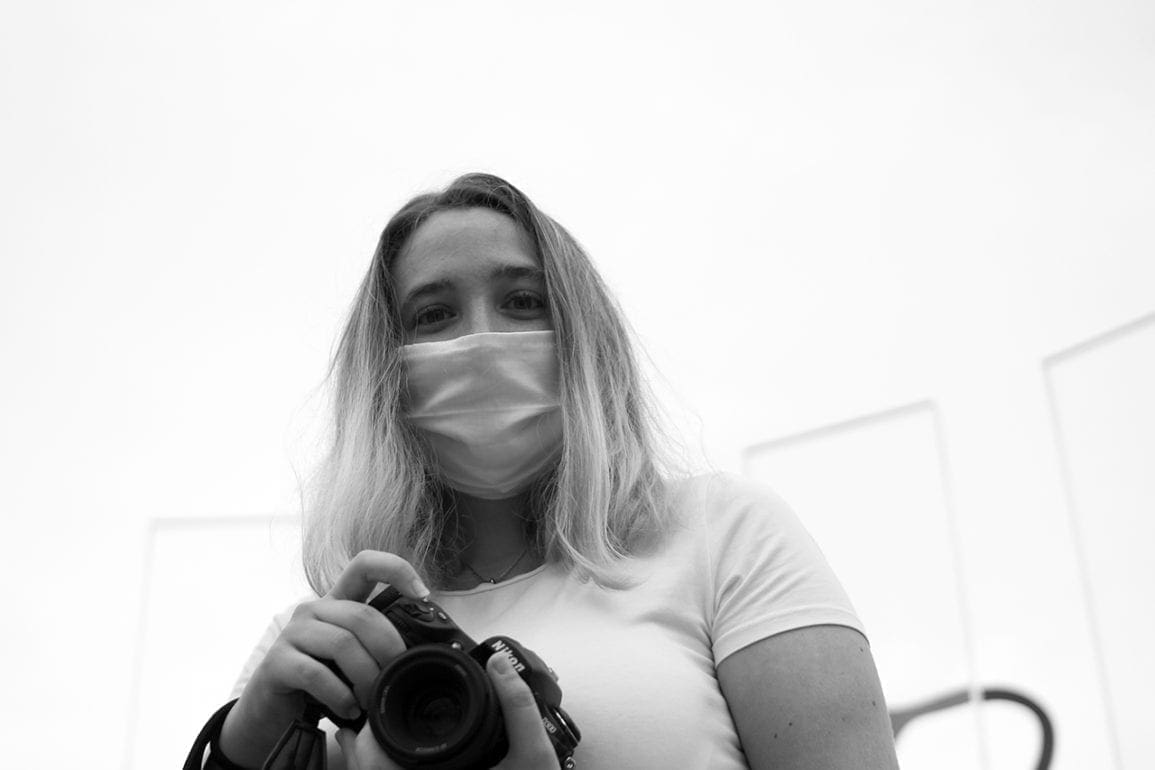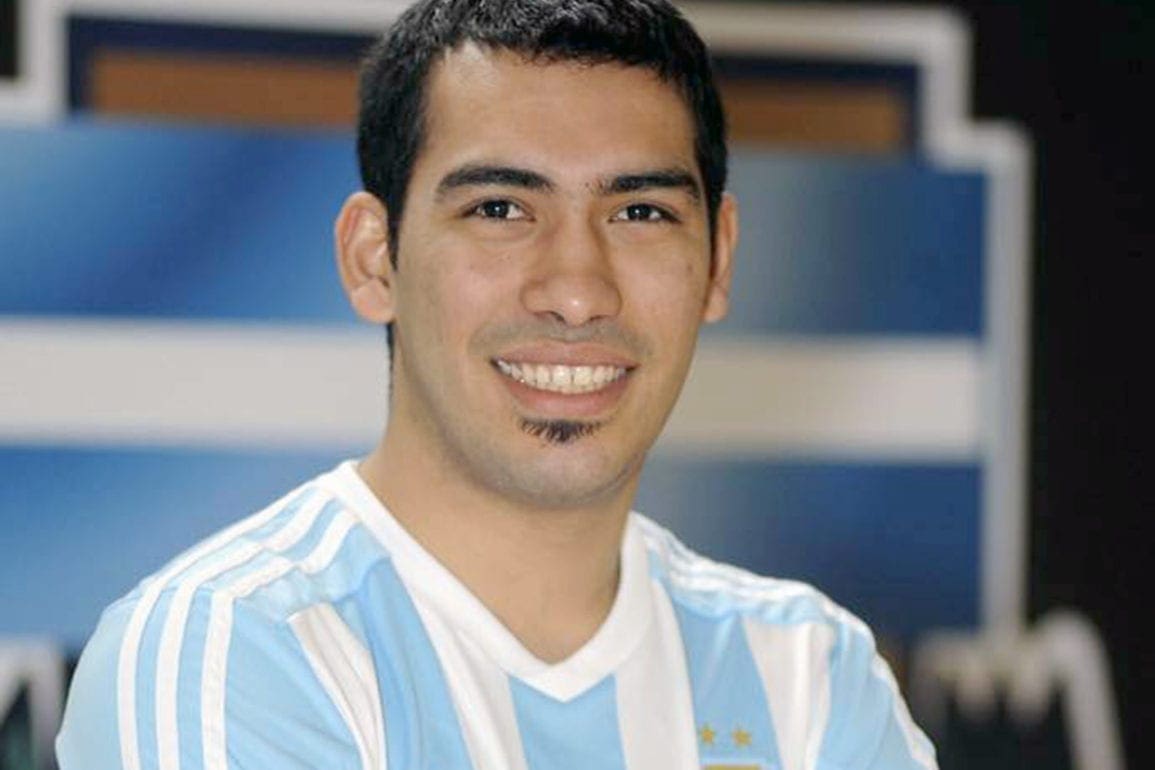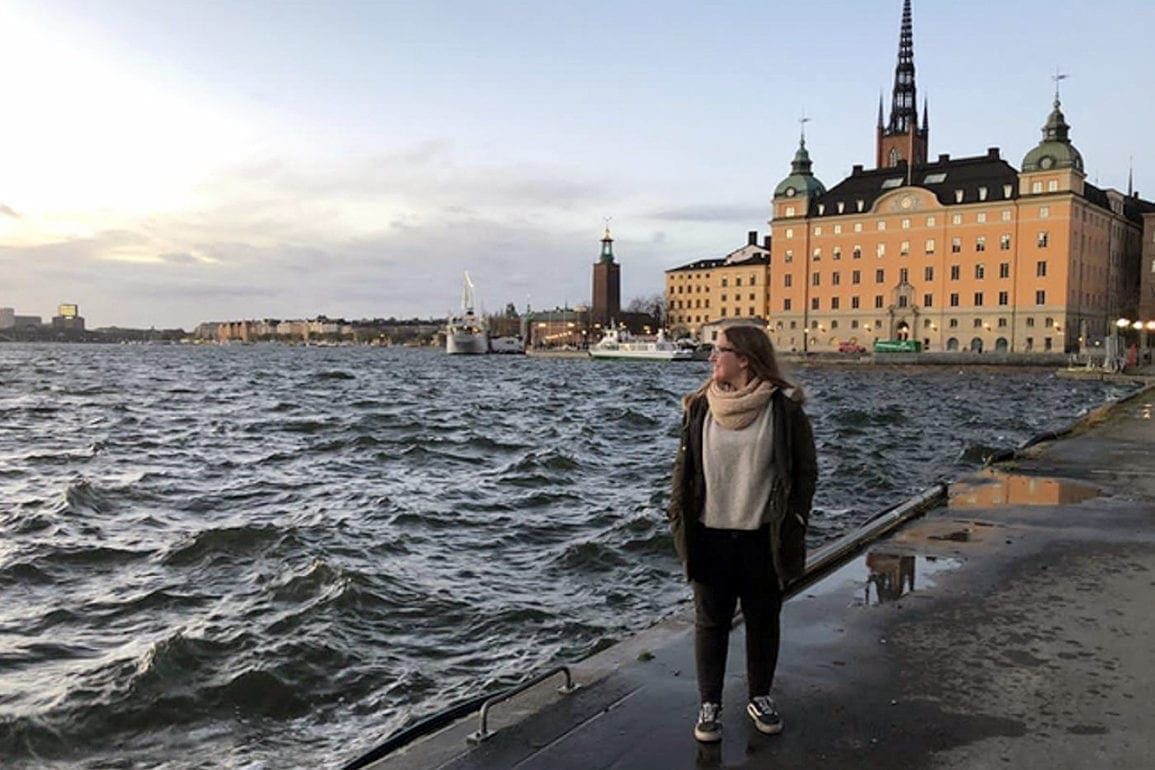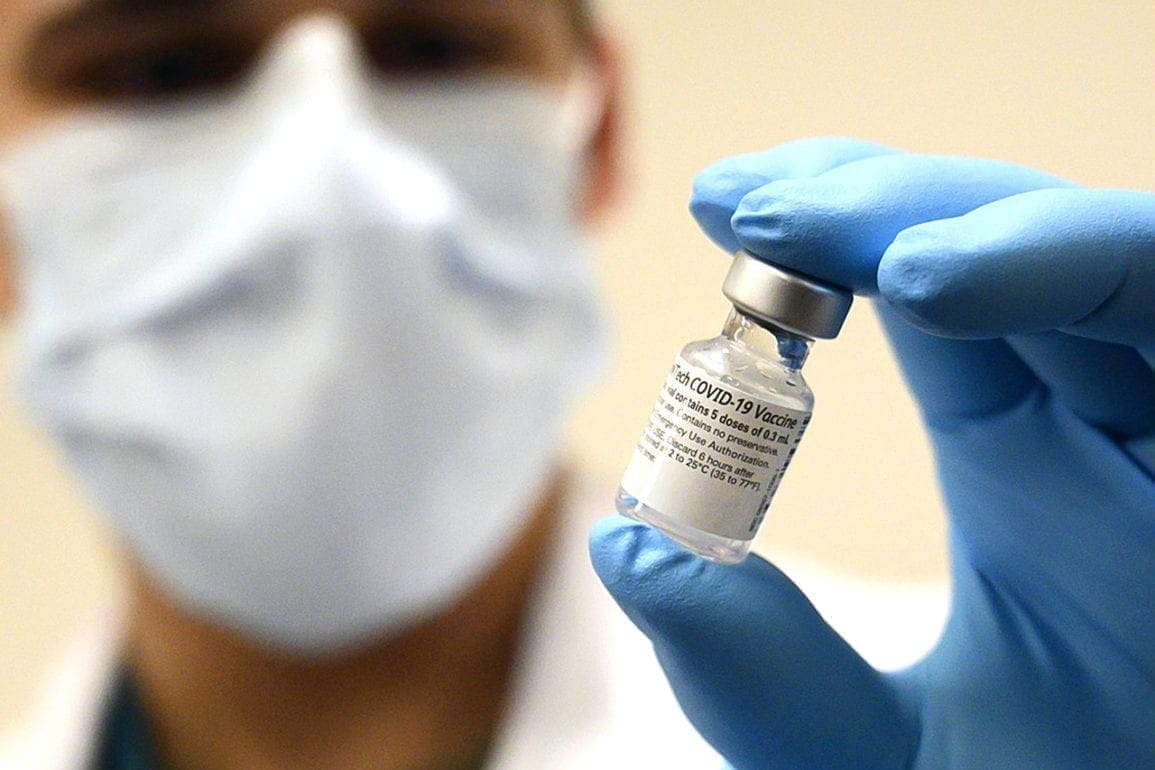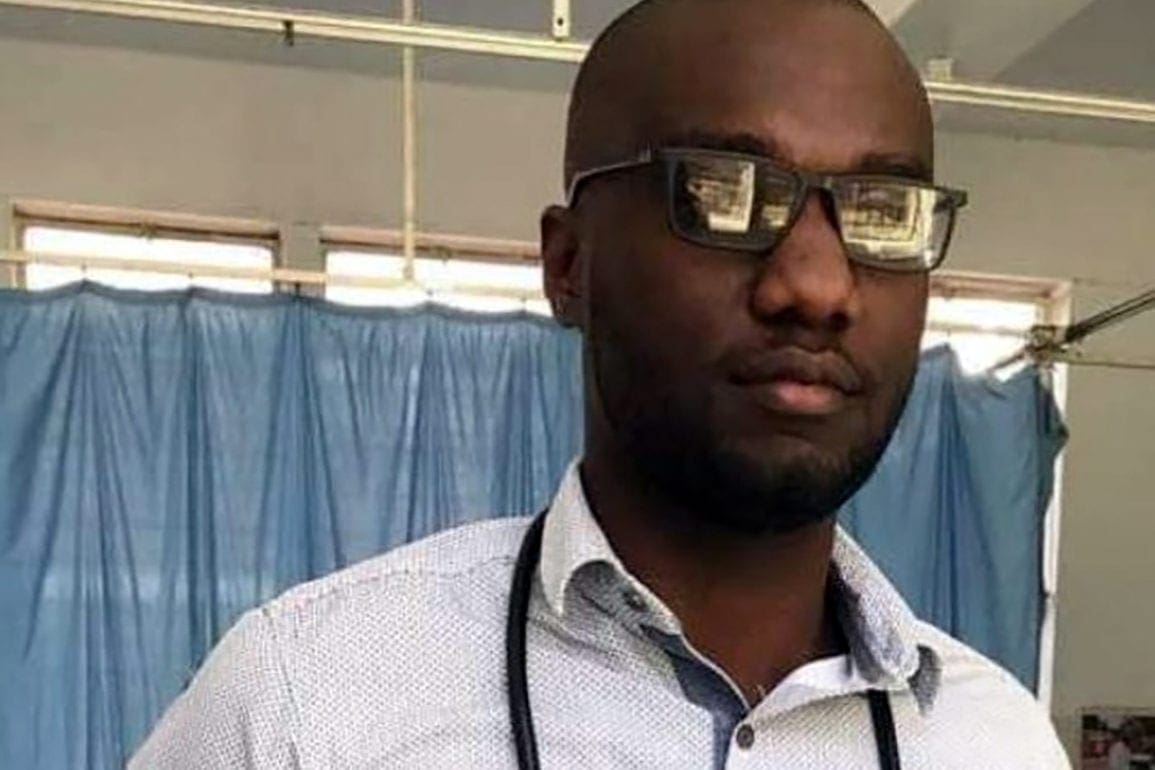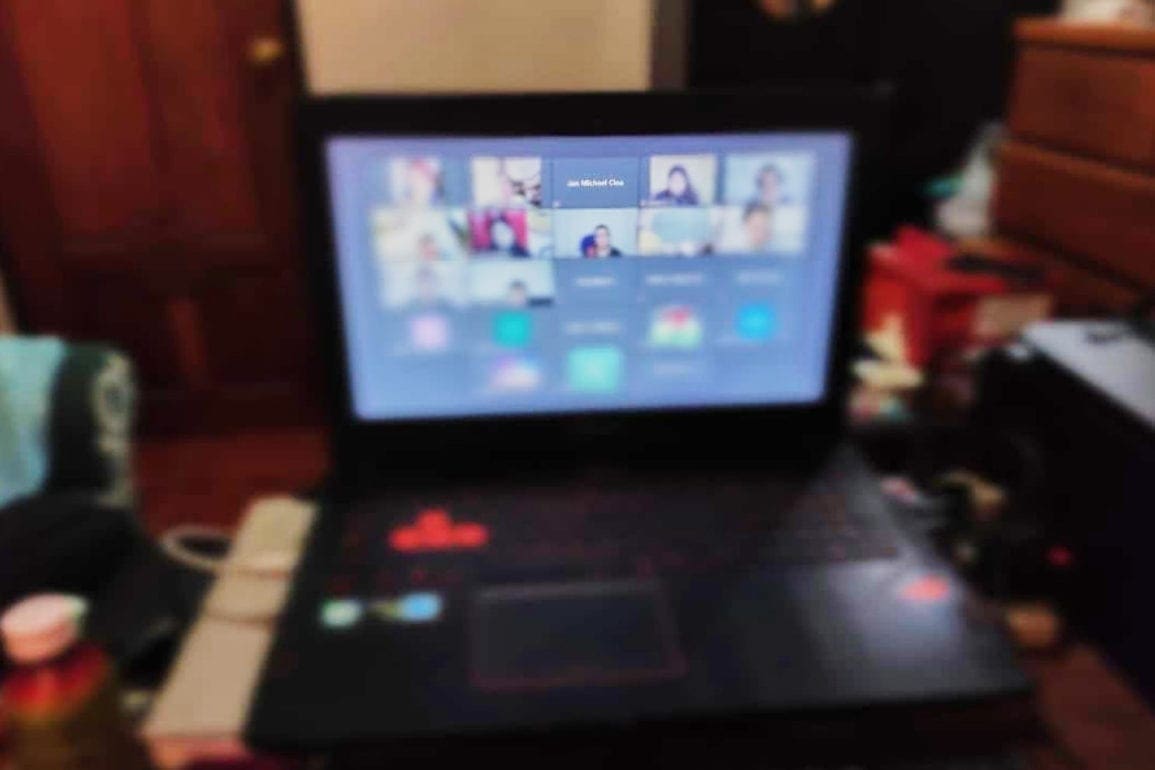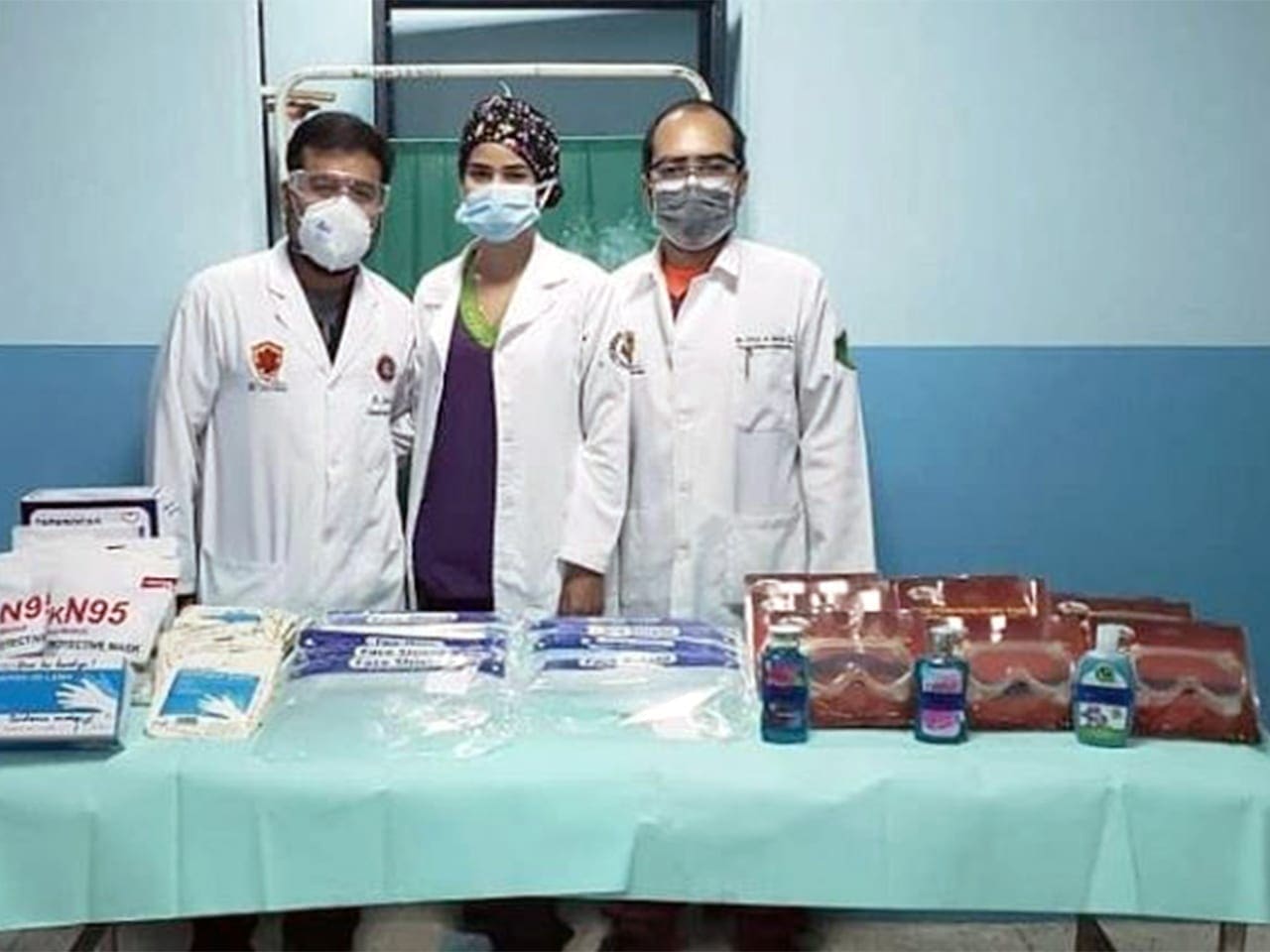On the brink of extinction
Kenya’s El Molo people fight assimilation, the desert heat, and a lack of representation that threaten their shrinking tribe.
- 5 years ago
January 11, 2021
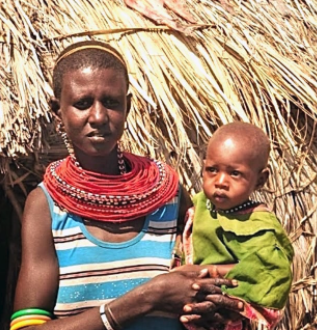
LAKE TURKANA, Kenya — A rare dying community — that’s what we are called by many.
We are seen as a community that doesn’t live but rather dies. We are the El Molo Community who survive on the shores of Kenya’s Lake Turkana — the world’s largest permanent desert and alkaline lake.
We live like birds within the jungle not knowing what tomorrow holds for us.
A community isolated
Traveling to our El Molo Community on Loiyangalani road is not for the faint of heart. It requires perseverance and hope. It is a two-day journey from Nairobi that covers more than 500-kilometers of rocky and unmaintained roads.
Many fear the harsh climate and devastating living conditions of our area. Our only neighbors are the Turkana and Samburu communities who also call the region surrounding Lake Turkana home.
Our existence is tied to the lake. We rely on water not only for drinking or cooking like other people but for frequently splashing on our skin to cool down our bodies in the heat that permeates the desert.
I have four children, two boys, and two girls. The boys look alike and their body temperatures rise every minute. They have very dark skin, only two front incisors teeth, a bald head with sparse brown hair, and cracking skin. They have to pour water on themselves to cool down their body every fifteen to twenty minutes otherwise they will faint.
My children, and others in our community, are fragile and weak. We monitor everything they do and ensure they carry enough water everywhere they go. This is the reality of El Molo children. This is how we stop an early death.
Searching for a better life
There was a time in my life when I had only two children. With my family, I decided to leave my community in search of a better life. But the desert was so cruel and harsh that we couldn’t survive.
My two boys and husband suffered. Life far away from the lake wasn’t something to joke about.
They fainted multiple times each day for a lack of water to splash on their body. One of my sons, Ekal, almost died due to complications of a life away from the lake. We couldn’t stand this and had to return to the shores of Lake Turkana to save our children.
Ekal is our only child who has enrolled in Grade 2 at Long’ech School with other few children from our tribe. Most of the people in our community are uneducated.
We fear sending our youngsters to school for fear of them dying early due to the vast distance traveled to and from school.
For those we allow to go to school, we ensure they are old enough to know how to take care of themselves in a responsible manner away from us. We don’t bet on life.
Of fish and fluoride
Decades of malnutrition from an unbalanced protein-rich diet and excessive fluoride levels have taken their toll on our people.
We have become increasingly susceptible to disease and attacks from stronger tribes. We suffer bone deformity, diarrhea, and dysentery.
At the heart of these issues is the same entity that gives us life: Lake Turkana. Despite its high levels of fluoride, the saltwater lake is our sole source of drinking water.
Wind projects on Lake Turkana occupy land containing other water sources we once used as a communal resource.
Our diet, our water, and our harsh and unforgiving landscape mean it’s unlikely you will ever meet an El Molo man older than 60.
But we persevere.
One can easily spot a gaggle of fishermen casting their lines across the gulf with their boats dotting every corner of the crocodile-infested lake that stretches about 300 kilometers to catch fish for our people.
We eat two meals a day: fish for breakfast and fish for supper. We are content with this type of meal. In the El Molo community, a child is considered old enough to go away from his mother’s side when he’s able to spear a fish in the water.
Fish, hippopotamus, and crocodiles are important animals to our tribe.
In our community, killing a hippopotamus is what killing a lion is to a Maasai moran. Anyone who kills a hippo is decorated with a necklace made up of the hippopotamus teeth and a feast for the entire community is held to celebrate their achievement.
We hunt with spears or harpoons made of fishing rods using the roots of acacia with doum palm fiber and a cast iron point or hook. We also use nets made of doum palm fiber, and traditional rafts made from doum palm logs tied with rope for fishing on the lake.
Of disease and famine
When I first heard about the news of COVID-19 in Kenya, I was shocked.
This pandemic reminds me of the cholera outbreaks in Kenya. The affliction will forever remain in our memories. Many people from our tribe died and children were left orphans.
That’s how we know that, if the outbreak reaches our community, we will be devastated.
Despite our distance from other communities, we take precautions to protect our people. We discourage crowding and ensure that visitors are unable to access our village without prior notice.
We work with local artists to perform songs to teach our community about the dangers of the virus and how we can protect ourselves.
In response to the virus, our lives have changed. Many livelihood practices have stopped and pushed more people into poverty and food insecurity. Our lives depend on Lake Turkana. But as we exercise social distancing, fewer fishermen are permitted on the shores. Those who go fishing then share their catch with other community members who are forced to go without.
Our isolation means we don’t have adequate health facilities. If the pandemic ravages our already dwindling community, it could mean the end of the El Molo tribe.
As our global fight against the virus continues and my people continue to suffer and starve, my sleepless nights are spent musing over how my community teetering on the verge of extinction and a myriad of socio-economic challenges might survive.
We, the El Molo tribe, need a voice — a voice that understands what it means to be an El Molo. We need a voice that will care for us in the ways we deserve as this great nation’s smallest tribe that lives on the brink of extinction.

